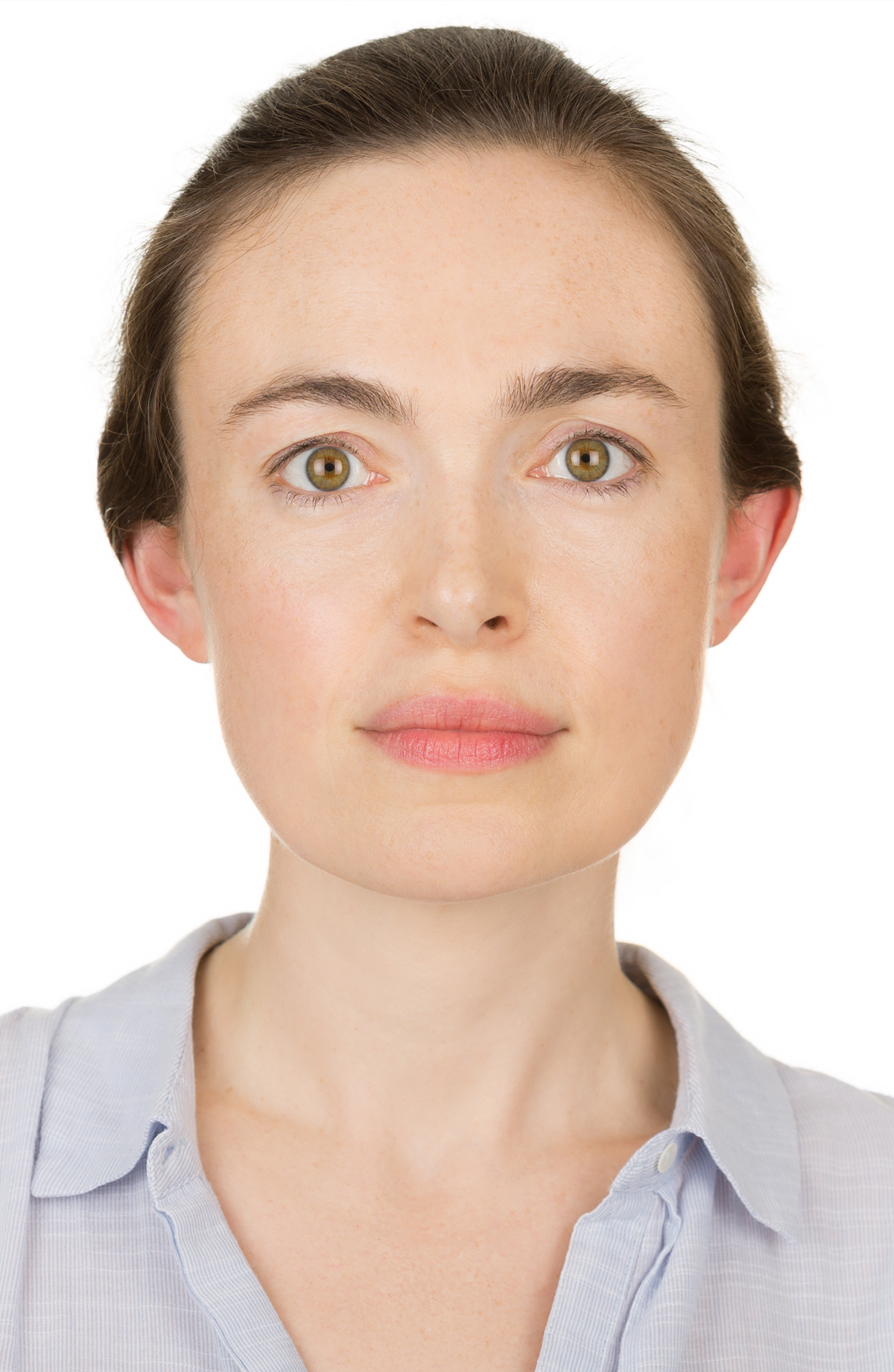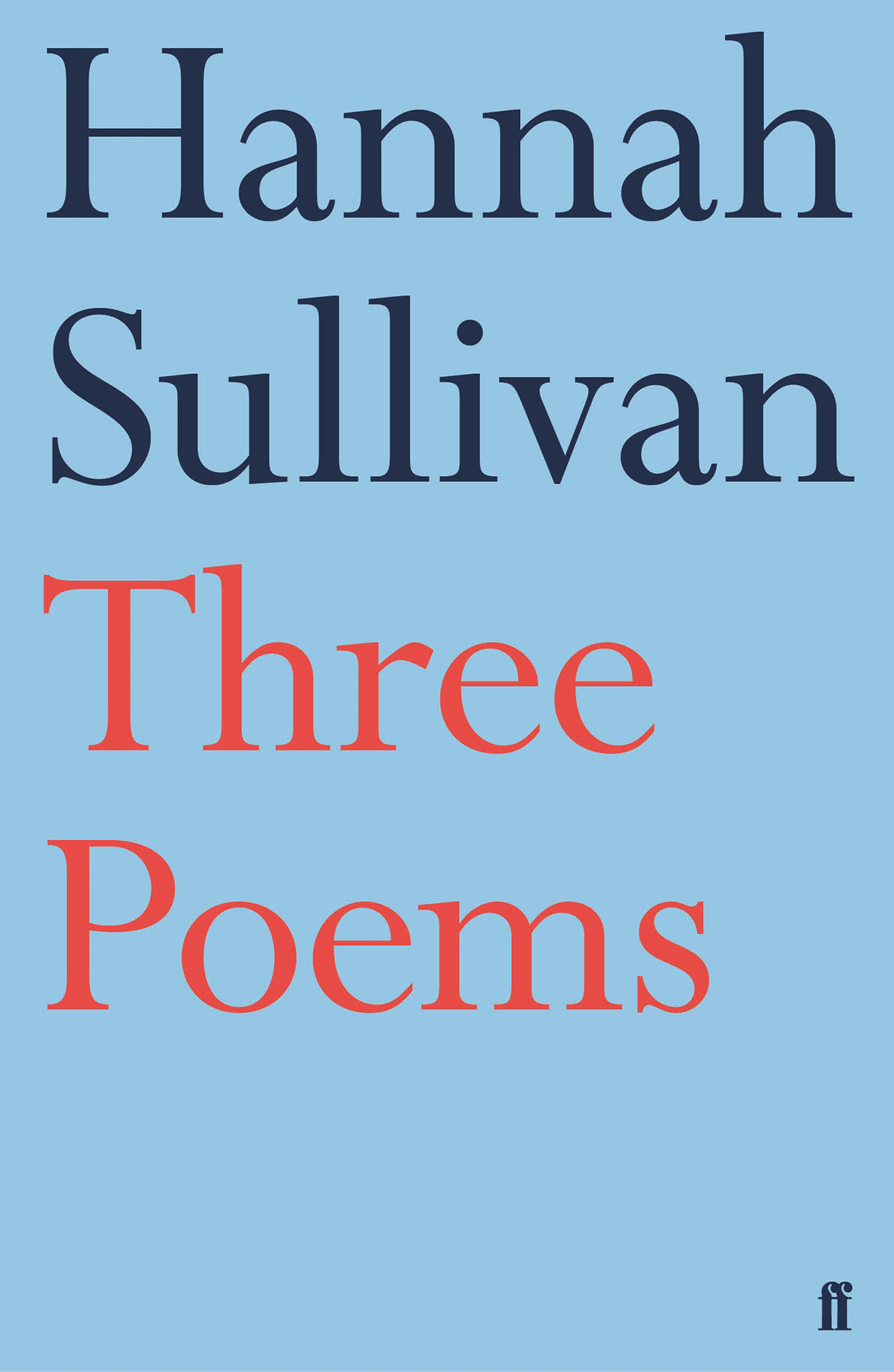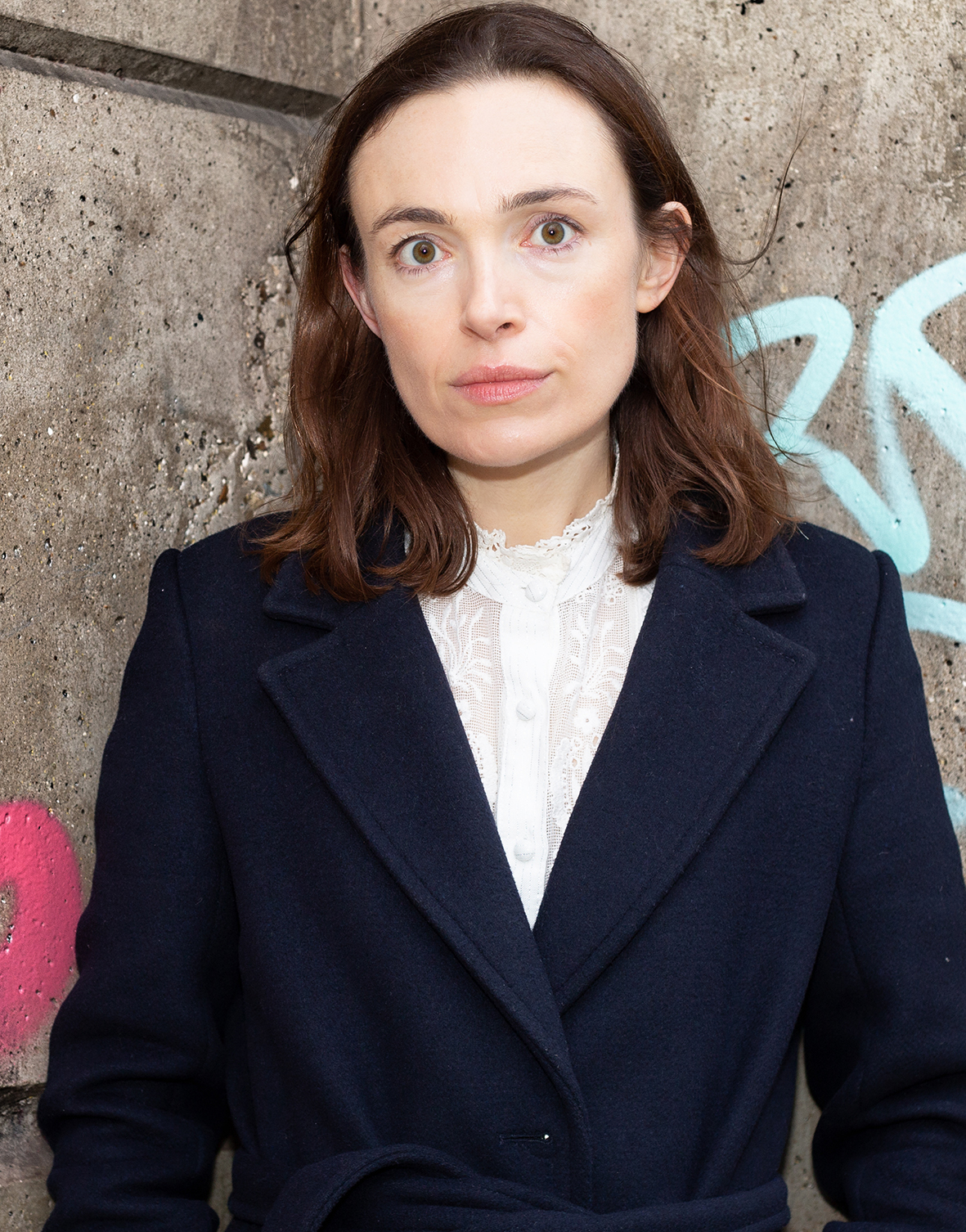

Hannah Sullivan won the T. S. Eliot Prize 2018 with her debut collection Three Poems (Faber & Faber), a book the Chair of judges Sinéad Morrissey described as ‘assured, cool, and anthropological in its focus on a life lived via distinct stages and in discrete contexts’.
We asked Hannah to reflect on her experience as an Eliot Prize winner. She wrote:
To win any prize – to be shortlisted for any prize – for a first book, and a book I didn’t for most of my thirties imagine being published at all, would have been a great honour, but it meant a lot to me that it was the Eliot prize. T. S. Eliot was the first poet I cared about and the first poet I taught, laboriously, poem by poem, as a first-year assistant professor. As an undergraduate, I pinned some of his critical obiter dicta onto a cork noticeboard and spent a long time looking at them and not writing anything (‘the unpleasantness of great poetry’).
Before the Prize Readings, I’d never read in front of such a large audience. I was very nervous and in awe of the poets before me who made jokes, played it off the cuff, even got laughs. The fact that the audience was so receptive meant a great deal in itself. As for the Prize, which was unexpected (I duly made a speech devoid not only of quips but of words), it changed my sense of seriousness and purpose about writing. I am enormously grateful for that. In 2019 I had just turned 40; I had a three-year-old and a one-year-old; a long commute, a busy job; the pandemic would soon make this all more difficult to manage than it had been before. The Prize gave me the liberty to think of myself as a poet, as someone who was allowed to spend time writing poems. It changed other people’s sense of what I’d already written, at least slightly, and that was good luck. But it also changed my own sense of what I might write in the future, and that was a gift.
Hannah Sullivan is the author of Three Poems (Faber & Faber, 2018) and Was It for This (Faber & Faber, 2023). She lives in London with her husband and two sons and is an Associate Professor of English at New College, Oxford. She received her PhD from Harvard in 2008 and taught in California for four years. Her study of modernist writing, The Work of Revision, was published in 2013 and awarded the Rose Mary Crawshay Prize by the British Academy. (Hannah Sullivan photo © Teresa Walton.)
About the T. S. Eliot Prize
The T. S. Eliot Prize celebrated its 30th anniversary in 2023. Awarded annually to the best new poetry collection published in the UK and Ireland, the Prize was founded by the Poetry Book Society in 1993 to celebrate the PBS’s 40th birthday and to honour its founding poet. The T. S. Eliot Estate has provided the prize money since the Prize’s inception in 1993, and the T. S. Eliot Foundation took over the running of the Prize following the acquisition of the PBS by InPress Books in 2016. For more on the history of the Prize, visit tseliot.com/prize

